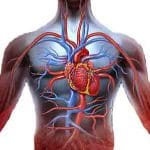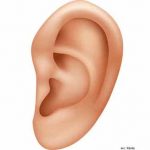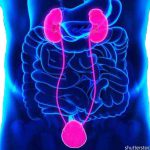Dental Treatment recommendations before organ transplantation (german guideline)
| This information is primarily intended for practitioners (physicians, dentists) involved in organ transplantation to facilitate coordinated care by the otherwise separate disciplines. The text is an abridged version of a detailed German guideline (here). Find recommendations for patients after transplantation here.In all patients in whom an organ transplant is planned, a dental examination should take place prior to organ transplantation. Early education of patients prior to organ transplantation about the relationship between dental health and possible infections should be performed. At the beginning of the planning of organ transplantation and in the course before organ transplantation, a dental examination should be performed at least every six to twelve months to exclude odontogenic causes. At the same time as the dental examination, oral hygiene instructions should be carried out. |
|
| Kidney transplantation In patients undergoing kidney transplantation, the kidney function should be determined in order to be able to adjust pain therapy/antibiotic administration, for example, after consultation with the attending transplant physician. Paracetamol can be used as an analgesic. In dental treatments of patients prior to kidney transplantation local anesthetics with a low-dose vasoconstrictor (1:200,000) should be used to ensure adequate analgesia and to avoid endangering patients with arterial hypertension. In patients undergoing renal transplantation, blood coagulation (INR, Quick value, prothrombin time, partial prothrombin time, platelets) should be available prior to surgical dental rehabilitation. For patients on dialysis, dental rehabilitation should be performed on dialysis-free days to avoid bleeding complications and stress for the patient.Liver transplantation In patients undergoing liver transplantation, liver function should be assessed in order to initiate any necessary bleeding prophylaxis or to adjust pain therapy in consultation with the attending specialist. In patients with cirrhosis of the liver, the administration of metamizole for a short period of time may be be considered for pain therapy. Before a surgical procedure, blood coagulation and liver values should be determined and a blood count taken. In patients prior to liver transplantation, depending on the patient’s platelet count and blood clotting, blood transfusion or Fresh Frozen Plasma administration may be indicated after consultation with the transplant center prior to dental surgical procedures. In patients prior to liver transplantation with a high risk of bleeding and bleeding risk, multimorbid patients or very extensive rehabilitation rehabilitations, dental rehabilitation under inpatient conditions may be indicated. In consultation with the transplant center, the antibiotic therapy should be done, if possible without hepatotoxic agents (e.g., clavulanic acid). Lung Transplantation Heart Transplantation |
|
| Author(s) | Source |
| Heider J, Al-Nawas B et al. | S2k-Leitlinie AWMF-Registernummer 083-035, Oct 2021 – Oct 2026 (german original) |
| This is a post of a scientific or business information. The information given here is checked thoroughly by “Implant-Register”. However we can´t be responsible for the content. The content usually is shortened to make it understandable for many. Read the linked original text if you are interested. Contact the publisher, if you have questions. You may inform us about changes of the information to improve the Register. | |
| Comments: n/a let us know |
|
Find NEWS and PUBLICATIONS here according to your interests or use the search box.









